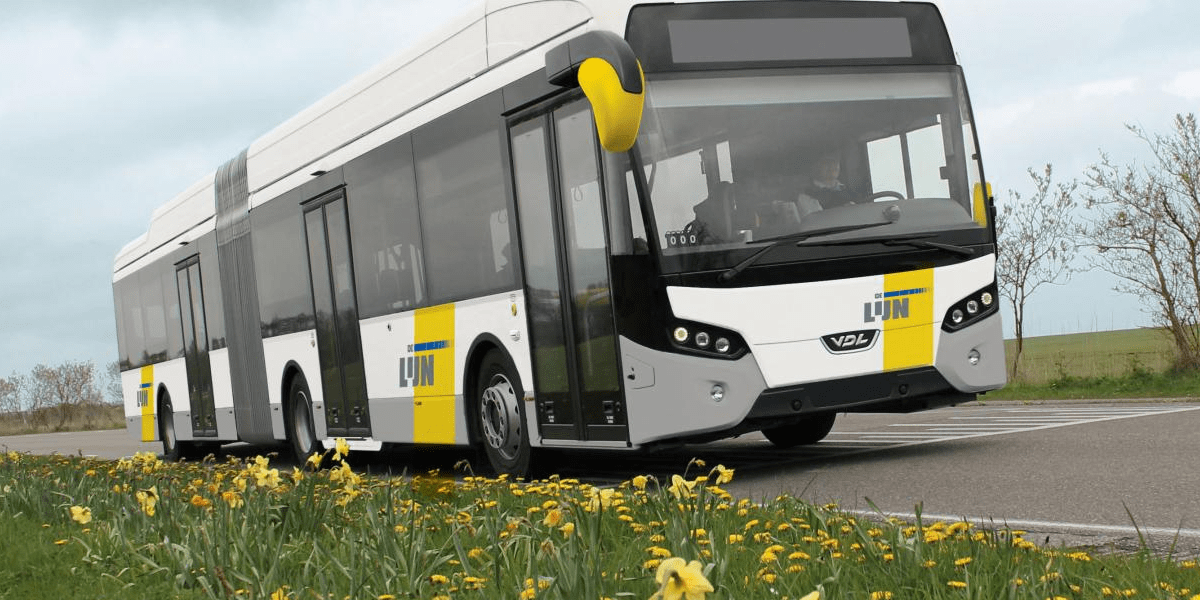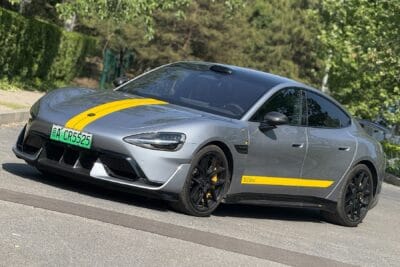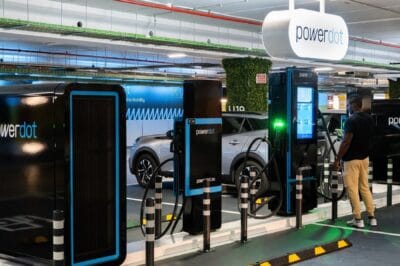Belgian public transport to purchase 970 electric buses
Flemish transport company De Lijn is looking for suppliers for a total of 970 electric buses and the necessary charging infrastructure. According to a media report, the company has further asked the Flemish government for additional funding because the investment exceeds the budget.
The planned procurement is preceded by the Flemish coalition agreement that among other things stipulates that all buses in Flemish cities must be emission-free by 2025 and in the whole of Flanders by 2035. The company expects to invest more than one billion euros in the conversion of the 970 electric buses and the associated charging infrastructure – more than the funding pot previously earmarked for investment.
For this reason, the company is now appealing to politicians. “The realization of e-bus networks in Flanders will only succeed if all the partners involved put their shoulders to the wheel of sustainable public transport,” says Roger Kesteloot, Director General of De Lijn.
It was only in December that De Lijn ordered 200 hybrid buses from VDL. The vehicles are not full hybrids, but a plug-in concept with a serial drive. This means that the bus is only powered by the electric motor, while the combustion engine is only used to charge the battery. With fully charged batteries, the buses should be able to travel up to 30 kilometres in one go on purely electric power, which should be sufficient for trips in the low emission zones of cities. Outside the cities, the generator will recharge the batteries.
In addition, the batteries can be recharged at the depot using a CCS cable. With 32 kWh or 64 kWh, depending on the model, the energy quantities and charging capacities are still relatively manageable. For the battery-electric buses, De Lijn also needs fast-charging stations at some bus stops. And this is exactly where the report says pilot projects have had problems: It is said to have been a challenge for the electricity network operators to provide a sufficiently powerful electricity connection at the bus stops – also because of the outdated electricity network. This could, therefore, give rise to further costs.
This year the transport company intends to work with cities and municipalities to find suitable locations for such rapid charging stations. These are to be put into operation piece by piece between 2023 and 2025 to enable the gradual conversion of bus lines (initially in the cities).





0 Comments